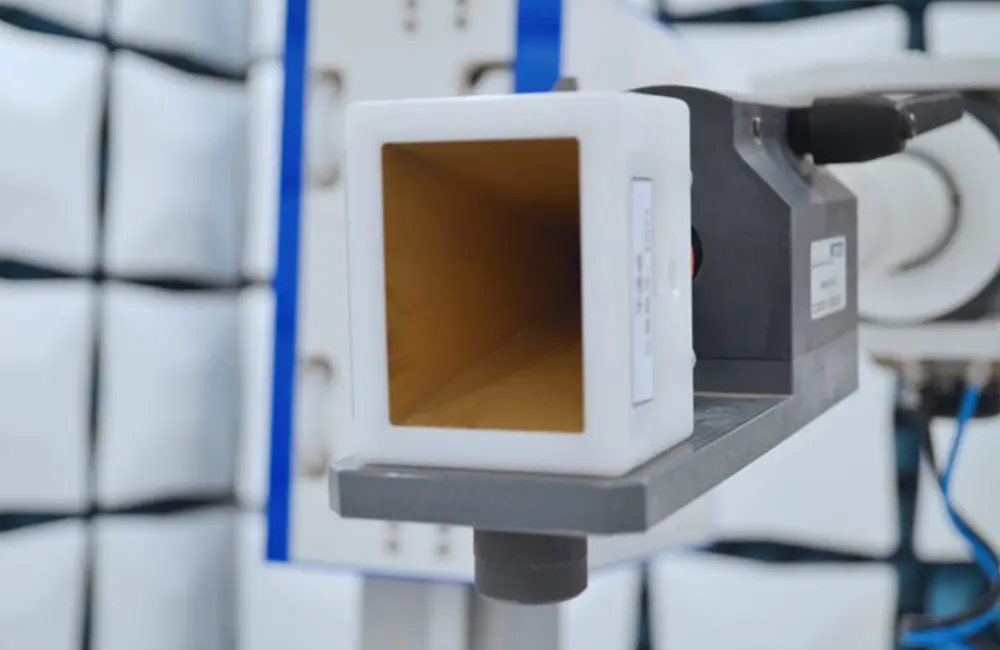
Brazil ANATEL Certification Process
Applying for anatel certification (Homologação) in Brazil is a rigorous procedure that typically involves 7 core steps. Below is a detailed explanation of the process (using your KBOT USBServer Cabinet Versionas an example, assuming it includes network communication functions):
7 Key Steps of ANATEL Certification
1. Confirm Product Classification and Applicable Standards
Key Actions:
- Determine which regULatory category the device falls under (e.g., telecom terminal, radio equipment, network access device, etc.).
- Review the applicable standards in ANATEL Acts(regulatory documents) and ORT(technical requirements).

Example:
If KBOT USBServer supports remote control via Ethernet/Wi-Fi, its USB over IP modulemay be classified as a telecom terminal deviceand must comply with standards such as Act 14448.
2. Appoint a Local Brazilian Legal Representative (BR-REP)
Mandatory Requirement:
- Non-Brazilian companies must appointa Brazilian local entity (subsidiary or authorized agent) as their legal representativeto handle ANATEL applications, compliance responsibilities, and market supervision.
Notes:
- The representative must be registeRED with ANATEL and assumes joint legal liability.
3. Select an ANATEL-Accredited Certification Body (OCD)
Key Role:
- OCD (Organismo Certificador Designado)is an ANATEL-authorized third-party body (e.g., UL, SGS, SIEMIC) responsible for document review, test management, and certificate issuance.
Action:
- Sign an agreement with the OCD, which will lead the certification process.
4. Product Testing (ANATEL-Accredited Laboratory)
Core Step:
Testing must be performed in an ANATEL-recognized laboratory (in Brazil or abroad), including:
- 1.RF testing (for Wi-Fi/Bluetooth modules: frequency, power, bandwidth)
- 2.Electromagnetic compatibility (EMC)
- 3.Electrical safety (per Brazilian standard NBR iec 62368-1)
- 4.SAR (for wireless devices used near the human body)
- 5.Network protocol & interoperability (if connecting to telecom networks)
KBOT USBServer Focus:
If the device includes a network communication chip(e.g., remote control module), RF and network compatibility tests are required.
5. Technical Documentation & Declaration of Conformity
Required Submissions:
- Test reports (issued by accredited labs)
- Circuit diagrams, PCB layout, user manual (Portuguese version)
- Bill of critical components (e.g., RF modules, power adapters with ANATEL certification numbers)
- Declaration of Conformity (DoC)
Special Notes:
- If pre-certified modules (e.g., Wi-Fi chip) are used, some tests may be waived (supporting certificates must be provided).
6. OCD Review & Certificate Issuance
Process:
- OCD reviews test reports and technical documentation.
- Issues ANATEL Certificate of Conformity (Certificado de Conformidade).
Timeline:
- Typically 4–8 weeksif documentation is complete.
7. ANATEL Approval & Model Registration
Final Step:
- OCD submits the certificate to ANATEL.
- ANATEL grants an official Homologation Numberin the format `HHHH-AA-FFFFF`.
- This number must be labeled on the product and/or packaging.
Result:
- Product is legally authorized to enter the Brazilian market.
KBOT USBServer Certification Considerations
1. Functional Relevance
- If the device functions only as a USB hub (no networking)→ ANATEL certification may not be required.
- If remote control (Ethernet/Wi-Fi)is supported → communication module must be certified.
- Power adapter/chargerrequires separate ANATEL certification if provided as an accessory.
2. Time & Cost
- Timeline:Approx. 3–6 months (longer for complex devices).
- Cost:Typically USD $5,000–$20,000 (depending on testing complexity).
3. Maintenance Obligations
- Annual maintenance is required after certification.
- Product modifications may trigger re-testing.
- The legal representative is responsible for market surveillance and reporting issues.
Important Recommendations
For integrated devices like KBOT USBServer:
1. Modular Certification:Ensure internal Wi-Fi/Ethernet modules and power supplies are pre-certified.
2. Consult a Professional OCD:Evaluate in advance whether separate testing is needed (e.g., mechanical parts vs. communication module).
3. Plan for 6 Months:Anticipate potential test failures or documentation delays that may impact launch schedules.
Email:hello@jjrlab.com
Write your message here and send it to us
 IEC 62471 Photobiological Safety of Lamps and Lamp
IEC 62471 Photobiological Safety of Lamps and Lamp
 New European Toy Standard EN 71-1:2026
New European Toy Standard EN 71-1:2026
 EN71 Series Standards Compliance February 13, 2026
EN71 Series Standards Compliance February 13, 2026
 European Toy Safety Standard EN 71-20:2025
European Toy Safety Standard EN 71-20:2025
 EN 18031 Certification for Connected Devices on Am
EN 18031 Certification for Connected Devices on Am
 Compliance Guide for Portable Batteries on Amazon
Compliance Guide for Portable Batteries on Amazon
 2026 EU SVHC Candidate List (253 Substances)
2026 EU SVHC Candidate List (253 Substances)
 LFGB Certification Cost and Timeline Guide
LFGB Certification Cost and Timeline Guide
Leave us a message
24-hour online customer service at any time to respond, so that you worry!




